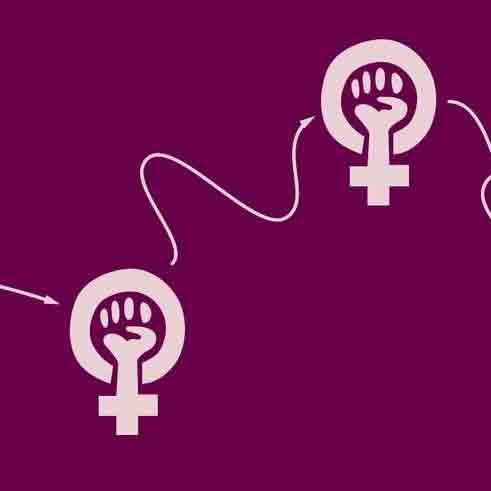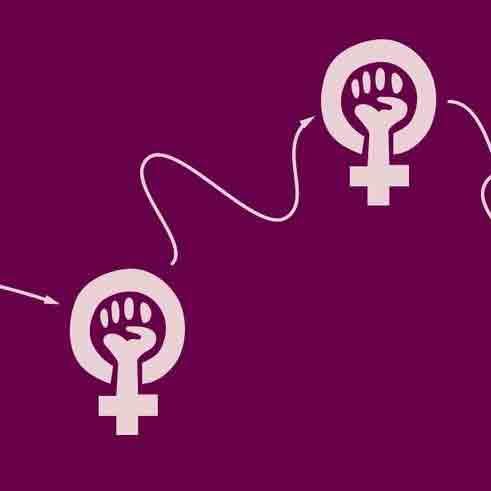On Friends
For me, my friends are my chosen family, a progressive little bubble with queer and non-queer people who already knew about trans and non-binary identities when I came out to them. In this I was incredibly lucky, considering that many people have to explain their gender non-conformity at the same time as coming out. They accepted me right away, asked polite questions about my pronouns (he/they), and offered support in any way I needed it. Problems arose almost instantly, however, when those pronouns were put into practice. They just didn’t stick for some people who were so used to calling me “she.” Each time someone got it wrong I would politely stop them, point it out, accept their apology, and we’d move on. Only for them to get it wrong again in the next sentence. As the person with the new pronouns, you very soon start to feel self-conscious. Not only because you’re getting used to your new identity yourself, but also because you feel like you’re derailing every conversation to correct people. I could see the frustration mounting – people becoming frustrated with themselves for getting it wrong, overly apologizing, looking awkward and ashamed. The focus of discomfort quickly shifted from me, the person being misgendered, to the person who is finding a new word difficult to adopt. I have had to remind myself that other people’s grammatical discomfort is, quite frankly, not as important as my sense of self and emotional wellbeing. So I keep reminding people, even though it’s awkward. And still, the misgendering continues. After a certain point with some people, it’s hard to feel they’re putting any effort in at all. They may well not be. If I get angry, however, I will become the difficult friend, and may even lose them. Like so many trans people, I have learned to grit my teeth and remain polite, encouraging, almost apologetic when I correct people.We hide ourselves every day from the people who are supposed to love us most.To be constantly misgendered is to be constantly putting on a brave face, pretending it doesn’t hurt, just so you don’t drive people away. It’s hard, and slightly soul-destroying. But it can be avoided if those who love us try just that little bit harder to get it right.




























